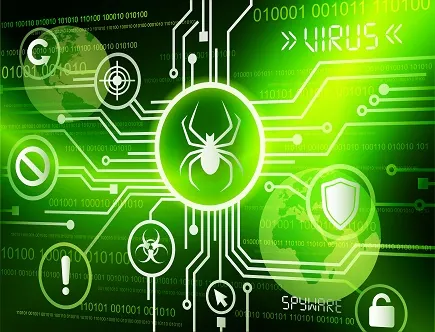The AI in Malware Detection and Prevention course explores the transformative role of artificial intelligence in detecting, analysing, and preventing malware threats.
AI in Malware Detection and Prevention
The AI in Malware Detection and Prevention course explores the transformative role of artificial intelligence in detecting, analysing, and preventing malware threats. With the rapid evolution of cyber threats, traditional security approaches struggle to keep pace with new attack vectors such as polymorphic malware, zero-day exploits, and advanced persistent threats (APTs).
This course provides an in-depth understanding of AI in malware detection and malware scanning, utilizing machine learning, deep learning, and real-time AI-driven threat intelligence. Participants will learn to analyse malware behaviour, develop AI-based detection models, and implement proactive security measures for advanced threat prevention. The course also addresses the ethical and privacy considerations surrounding AI-driven malware prevention.
By the end of the course, learners will be equipped with the technical expertise to integrate AI tools into cybersecurity workflows, enhancing threat detection and incident response capabilities.
This course is ideal for: Cybersecurity professionals looking to integrate AI into malware detection and prevention strategies. Data scientists and AI researchers interested in applying machine learning to cybersecurity. IT security analysts and engineers seeking advanced techniques for real-time threat detection. Students and researchers in cybersecurity, AI, and machine learning. System administrators responsible for protecting networks and endpoints from malware attacks. Basic knowledge of cybersecurity concepts and Python programming is recommended but not mandatory.
Understand AI in malware detection and its impact on modern cybersecurity.
Analyse and classify malware using machine learning and deep learning techniques.
Implement malware scanning methods using AI-driven approaches.
Detect and respond to zero-day attacks and polymorphic malware.
Use AI to enhance real-time threat prevention and incident response.
Evaluate the ethical and privacy implications of AI in cybersecurity.
Explore future trends in AI-powered malware analysis and prevention.
-
- Overview of malware types and attack vectors
- The role of AI in modern cybersecurity
- AI techniques for malware detection and prevention
-
- Static vs. dynamic malware analysis
- Sandboxing and behavioural analysis
- Identifying malware signatures and patterns
-
- Supervised vs. unsupervised learning for malware classification
- Feature engineering and dataset pre-processing
- Training and evaluating AI models for malware detection
-
- AI-driven threat intelligence and detection
- Automating malware scanning and response
- Deploying AI models in cybersecurity environments
-
- Deep learning and neural networks for malware classification
- Natural language processing (NLP) for detecting malicious code
- Reinforcement learning for adaptive threat response
-
- Challenges of polymorphic and zero-day malware
- AI-driven anomaly detection and behavioural analysis
- Predictive models for proactive threat hunting
-
- Bias and fairness in AI-powered cybersecurity
- Data privacy and legal considerations
- Responsible AI practices in malware analysis
-
- Emerging trends in AI and cybersecurity
- The impact of AI on cyber warfare and nation-state threats
- Future challenges and opportunities in AI-based malware prevention
Earn a Professional Certificate
Earn a certificate of completion issued by Learn Artificial Intelligence (LAI), recognised for demonstrating personal and professional development.

Key Aspects of Course

CPD Accredited
Recognized for Professional Growth

Flexible & 24/7 Access
Learn anytime , anywhere





